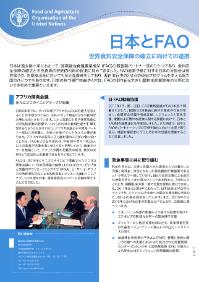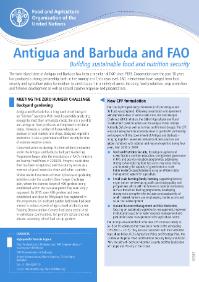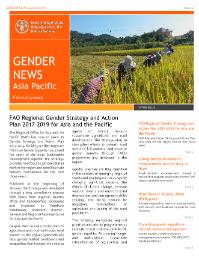Water: the conveyor belt for sustainable livelihoods and economic development
Watershed moments: a photographic anthology celebrating 30 years of research for a water-secure world (1985–2015 and beyond)
Whose waters? large-scale agricultural development and water grabbing in the Wami-Ruvu River Basin, Tanzania
In Tanzania like in other parts of the global South, in the name of 'development' and 'poverty eradication' vast tracts of land have been earmarked by the government to be developed by investors for different commercial agricultural projects, giving rise to the contested land grab phenomenon. In parallel, Integrated Water Resources Management (IWRM) has been promoted in the country and globally as the governance framework that seeks to manage water resources in an efficient, equitable and sustainable manner.
Winners and losers of IWRM [Integrated Water Resources Management] in Tanzania
This paper focuses on the application of the concept of Integrated Water Resources Management (IWRM) in Tanzania. It asks: how did IWRM affect the rural and fast-growing majority of smallholder farmers' access to water which contributes directly to poverty alleviation and employment creation in a country where poverty and joblessness are high?
自由事先知情同意: 保护土著民族权利与造福当地社区的良好做法: 项目执行人员手册
自由事先知情同意是受国际人权标准保护的一项原则,同时也与自决权相联系。自由事先知情同意原则得到了《联合国土著民族权利宣言》、《生物多样性公约》及国际劳工组织《第169号公约》的支持 。本手册是粮农组织与若干协作组织自2015年7月启动协商进程以来的结晶本手册,是专为发展组织的项目从业人员设计的工具。
Saint Lucia and FAO
Saint Lucia and FAO have partnered since the country joined the organization in 1979. Assistance has been geared towards sustainable agricultural development and food and nutrition security, with a parallel focus on natural resource management. Ranging from national policy support to community-level projects, interventions seek to improve agricultural productivity and local food production as well as income-earning opportunities for rural communities. Other key features of cooperation are disaster risk management and adaptation to climate change.
Antigua and Barbuda and FAO
The twin-island state of Antigua and Barbuda has been a member of FAO since 1983. Cooperation over the past 30 years has produced a strong partnership, both at the country and Caribbean level. FAO interventions have ranged from food security and agriculture policy formulation to direct support in a variety of areas, including food production, crop protection and fisheries development as well as natural disaster response and preparedness.
Gender Newsletter Asia Pacific February 2017
The Regional Office for Asia and the Pacific (RAP) has now in place its Gender Strategy and Action Plan 2017-2019. Building on the corporate Policy on Gender Equality (2012) and the spirit of the 2030 Sustainable Development Agenda, the Strategy provides new focus to gender-related work in the region and identifies main delivery mechanisms for the next three years.
Integrated tree, crop and livestock technologies to conserve soil and water, and sustain smallholder farmers’ livelihoods in Southeast Asian uplands
After reviewing the main causes and effects of land degradation and erosion in the uplands of mainland Southeast Asia, this chapter presents several case studies of recent land-use changes governed by economic, political and institutional transitions, the expansion of teak and rubber tree plantations in northern Laos and southwest China, respectively, and of monocropping coffee in the Central Highlands of Viet Nam. We explain how these environmental disturbances are altering water and soil resources across different geographic scales, from the agricultural plot to the headwater catchment.







